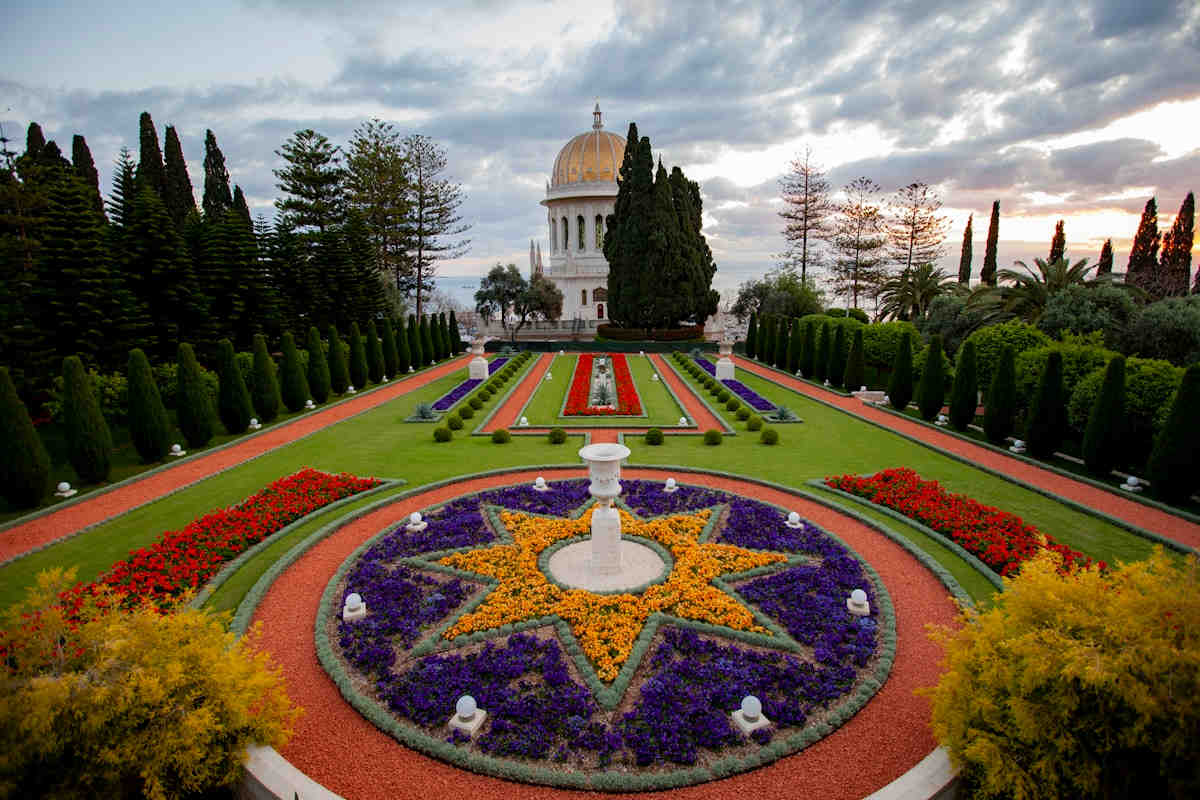Location & Boundaries
Our Baha’i-inspired community is located in the northwest region of Tucson, Arizona. Geographically, it includes areas north of River Road and west of Campbell Avenue. The region stretches north to the Pinal County border and west to Sandario Road, while excluding incorporated cities such as Oro Valley and Marana.
Our History in Southern Arizona
Our community has a rich history that spans several decades in Southern Arizona. We are honored to have had William Sears, a Hand of the Cause of God, and his wife Marguerite Sears among our notable residents. Their legacy continues to inspire our efforts today.
Get Involved in Community Building
We’re committed to building a vibrant, inclusive community through ongoing initiatives that promote unity, service, and spiritual development. Some of our current activities include:
- Study circles and spiritual education programs
- Neighborhood children’s and junior youth empowerment classes
- Devotional gatherings open to all
If you’re interested in participating or collaborating, please fill out the form below—we’d love to connect with you!
Devotionals in the Park
Children’s Memorial Park in Tucson, Every Sunday @8 AM

Junior Youth and Children’s classes
Please contact us for details.

Fireside talks
Please contact us if you are interested in participating in a discussion about the Bahá’í Faith.
